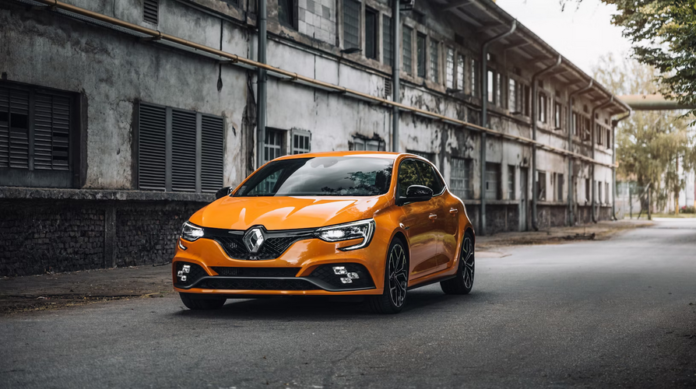In recent years, the automotive industry has witnessed a remarkable transformation with the rise of connected cars. These vehicles, equipped with advanced technologies and internet connectivity, are revolutionizing the driving experience in profound ways. From enhanced safety features to personalized infotainment systems, connected cars are redefining what it means to be on the road.
One of the key aspects of connected cars is their ability to leverage data and communication technologies to improve safety. Features like automatic emergency braking, adaptive cruise control, lane departure warnings, and blind-spot monitoring use sensors and real-time data to assist drivers and prevent accidents. In the event of a collision, connected cars can automatically alert emergency services and transmit crucial information such as location and severity of the crash, speeding up response times and potentially saving lives.
Moreover, connected cars enable vehicle-to-vehicle (V2V) and vehicle-to-infrastructure (V2I) communication, creating a dynamic network of information exchange on the road. This connectivity allows cars to share data about traffic conditions, road hazards, weather updates, and optimal routes, leading to smoother traffic flow, reduced congestion, and improved fuel efficiency. It also lays the foundation for future autonomous driving capabilities, where vehicles can collaborate and make decisions collectively based on real-time information.
Another significant aspect of connected cars is the integration of advanced infotainment and entertainment systems. Drivers and passengers can access a wide range of digital services and features, including navigation with real-time traffic updates, voice-controlled assistants for hands-free operation, streaming music and video content, smartphone integration for calls and messages, and personalized settings for comfort and convenience. These features enhance the overall driving experience, making journeys more enjoyable, productive, and connected.
Furthermore, connected cars play a crucial role in enabling telematics and remote diagnostics. Manufacturers can remotely monitor vehicle performance, conduct software updates, diagnose potential issues, and provide predictive maintenance alerts, enhancing reliability and reducing downtime. Fleet operators can benefit from real-time tracking, fuel management, driver behavior analysis, and route optimization, leading to cost savings, operational efficiency, and better customer service.
The advent of connected cars is driving innovation and collaboration across industries, with automakers partnering with technology companies, telecommunications providers, and software developers to deliver cutting-edge solutions. The development of 5G networks is further accelerating the capabilities of connected cars, enabling high-speed data transfer, low-latency communication, and support for a multitude of connected devices within the vehicle ecosystem.
However, along with the opportunities, connected cars also raise concerns related to data privacy, cybersecurity, and regulatory compliance. The collection and processing of vast amounts of data from connected vehicles require robust security measures to protect against cyber threats and unauthorized access. Manufacturers and service providers must prioritize data privacy and transparency, implement secure encryption protocols, and adhere to regulatory frameworks to safeguard consumer trust and confidence in connected car technology.
As connected cars continue to evolve, they are reshaping the automotive landscape and paving the way for a future of mobility that is safer, smarter, and more sustainable. The convergence of connectivity, automation, electrification, and shared mobility is driving a paradigm shift in how we perceive transportation, with connected cars at the forefront of this transformation. Embracing this trend requires collaboration, innovation, and a commitment to leveraging technology for positive impact on society, the environment, and the driving experience as a whole.








